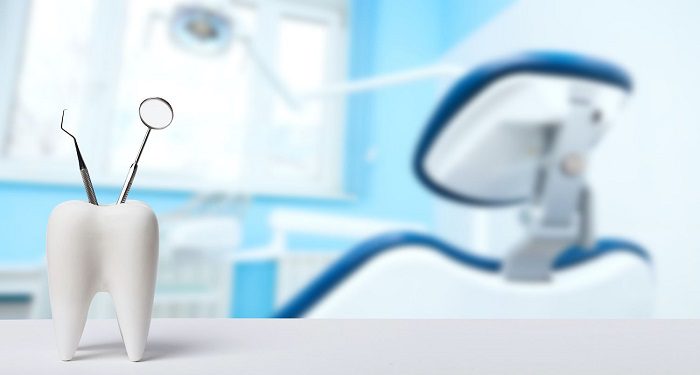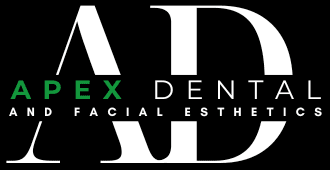A tooth extraction refers to a type of oral surgery in which your dentist will remove a tooth from its socket. Though a dentist can complete this procedure within one appointment in most cases, you can anticipate downtime in order to properly recover from this treatment.
Dentists reserve this treatment for teeth that do not respond to other restorative dental solutions and put your oral health at risk. So you likely wonder which specific dental concerns would warrant this type of treatment. Read on to learn three scenarios in which your dentist might recommend extracting one or more teeth to preserve your smile.

Disruptive Wisdom Teeth
Many dental patients have an extra set of molars called wisdom teeth that start to grow after adolescence. In some cases, these teeth can grow into place without issue. But a majority of people do not have room for these molars in their jaw.
This can lead to many types of complications, including crowding and shifting in your other teeth. And the teeth might not grow properly so they get stuck in the jaw and gum tissue.
This scenario is known as impacted wisdom teeth, and it often results in severe pain for the patient. These teeth also have a high chance of becoming infected, so dentists will want to perform an extraction on these teeth as soon as they can.
Dentists can keep an eye on wisdom teeth through routine dental x-rays. Then they can intervene and remove the teeth before they cause serious harm to your smile.
Crowded Teeth
Many people desire a beautiful straight smile, but genetics, oral habits, and other factors can affect your dental alignment. You might notice crookedness or gaps between your teeth. But teeth can also become overcrowded as well.
Then you could notice difficulties performing oral functions as well as airway concerns when there does not seem to be enough room in your mouth. In these cases, a dentist will recommend a tooth extraction to get rid of this crowding.
Then your mouth can feel comfortable and stop hindering your oral capabilities. After you recover from the extraction, the dentist can use Invisalign to gradually shift teeth into your desired straight position.
Severe Tooth Damage
Cavities, an early form of tooth decay, will affect a majority of dental patients at least once in their lives. Dentists can easily treat most cavities with a dental filling. But if you do not treat tooth decay promptly, it can spread and wreak severe havoc on your dental structure.
You will need more extensive restorative treatment for advanced tooth decay. And if decay reaches too deep in your tooth, the dentist will need to extract it to stop it from causing even more damage. Otherwise, you could see harm to your other teeth and carry a high risk of infection.
Do not delay routine dental care and treatments. Schedule your next dental check-up today online or by phone.
